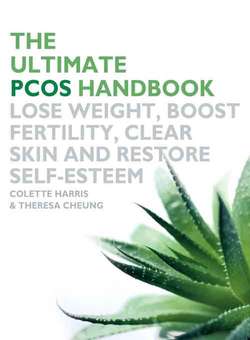Читать книгу The Ultimate PCOS Handbook: Lose weight, boost fertility, clear skin and restore self-esteem - Theresa Cheung - Страница 21
HORMONE DISRUPTERS
ОглавлениеXenoestrogens or endocrine-disrupting chemicals (EDCs) are widely recognized to be highly toxic in the smallest doses. Despite this, they exist throughout our environment, from pesticide residues on food to pollution in our air and water to medications and the high-sugar, preserved and processed fast foods in our diet.
EDCs are characterized as ‘hormone disrupters’ because they have a molecular structure similar to the hormone oestrogen and can interfere with the natural process of your hormones. They trick your body into a condition known as oestrogen excess or oestrogen dominance, and the resulting hormonal imbalance can trigger a wide variety of PCOS symptoms, from irregular periods and acne to dry hair and weight gain.
‘You hear so much about pollution reducing men’s sperm counts, but no-one talks about how the same pollution affects women. I want to know more!’
Aileen, 37
Research21 about how EDCs affect or trigger PCOS is still in its infancy, but we know enough to suggest that exposure to hormone-disrupting toxins could be a contributory factor – that’s why you’ll find a chapter in Part 2 devoted to this important issue.
